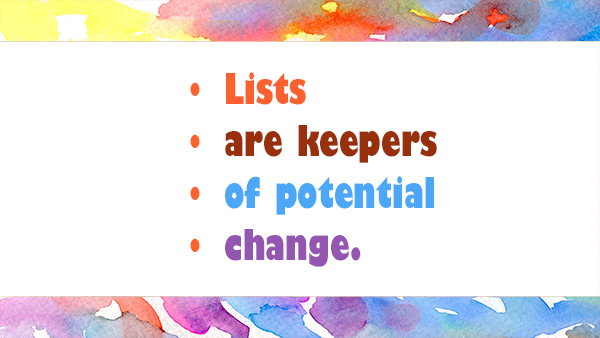Often, this blog and I are focused on cultivating mental attitudes that help us live with more self-compassion. Some might call it navel gazing.
The kind promise “I will advocate courageously” reminds us to lift our eyes, look around, and help someone else.
There is a long, horrendous history of people with power and privilege deciding “what’s best” for people they have marginalized and forcing those “solutions” on them. That is not a train on which I want to continue to ride.
Nevertheless, I had a good time this morning surfing the Web for advice about making a difference. These days, I must take action virtually due to limitations imposed by my disabilities. (For those of us with compromised health, there is still a pandemic!)
I visited the New York Times, Oprah.com, and WikiHow and found three categories of advice.
First, behave well. Be kind to others. Cleanup when you make a mess.
As a long-time church-goer (speaking of paternalistic, horrendous histories), I can summarize second category of advice as give your time, talents, and/or treasure. (You can also donate things you no longer use.)
Invest wisely, counsel the cautious. Use tools like Charity Navigator and steer your contributions toward populations (like women and girls) who will share the wealth.
Finally and happily, we are realizing that reducing waste and caring for the environment through daily actions should also be on the list. In addition to “to do” lists, we can make “not to do” or “stop doing” lists.
Take a few minutes for an audit: what actions are you taking to make the world a better place? Are they making you a better person? (In the old days, I volunteered so much I found myself getting resentful. That’s when I added the word “compassionately” to this promise.
Please do what you can to care for this hurting world.
In your journal:
- Make a list of your values. What changes would you like to see in the world?
- What communities do you care about?
- How would you respond to my thoughts about “horrendous histories”?
- Write down your “doing good”” audit. Is it compassionate? Too much? Too little?

